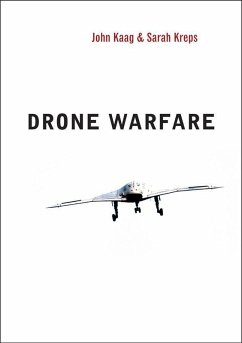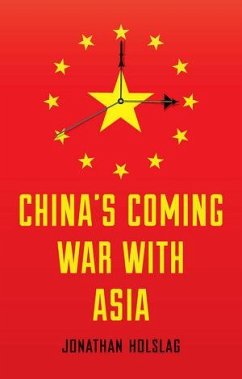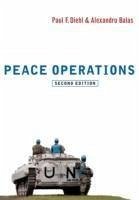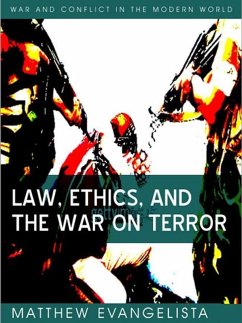
Critical Approaches to International Security (eBook, ePUB)
Versandkostenfrei!
Sofort per Download lieferbar
25,99 €
inkl. MwSt.
Weitere Ausgaben:

PAYBACK Punkte
0 °P sammeln!
During the Cold War the concept of international security was understood in military terms as the threat or use of force by states. The end of EastDWest hostilities, however, brought 'critical' perspectives to the fore as scholars sought to explain the emergence of new challenges to international stability, such as environmental degradation, immigration and terrorism. The second edition of this popular and highly respected text offers a wide-ranging and comprehensive analysis of the growing field of critical security studies. All the chapters have been fully revised and updated to map the on-g...
During the Cold War the concept of international security was understood in military terms as the threat or use of force by states. The end of EastDWest hostilities, however, brought 'critical' perspectives to the fore as scholars sought to explain the emergence of new challenges to international stability, such as environmental degradation, immigration and terrorism. The second edition of this popular and highly respected text offers a wide-ranging and comprehensive analysis of the growing field of critical security studies. All the chapters have been fully revised and updated to map the on-going evolution of debates about international security since 1989, including the more recent shift in emphasis from critiques of the realist practices of states to those of global liberal governance. Topics covered include the relationship between security and change, identity, the production of danger, fear and trauma, human insecurity and emancipation. The book explores the meaning and use of these concepts and their relevance to real-life situations ranging from the War on Terror to the Arab Spring, migration, suffering in war, failed states and state-building, and the changing landscape of the international system, with the emergence of a multipolar world and the escalation of global climate change. Written with verve and clarity and incorporating new seminar activities and questions for class discussion, this book will be an invaluable resource for students of international relations and security studies.
Dieser Download kann aus rechtlichen Gründen nur mit Rechnungsadresse in A, B, BG, CY, CZ, D, DK, EW, E, FIN, F, GR, HR, H, IRL, I, LT, L, LR, M, NL, PL, P, R, S, SLO, SK ausgeliefert werden.












